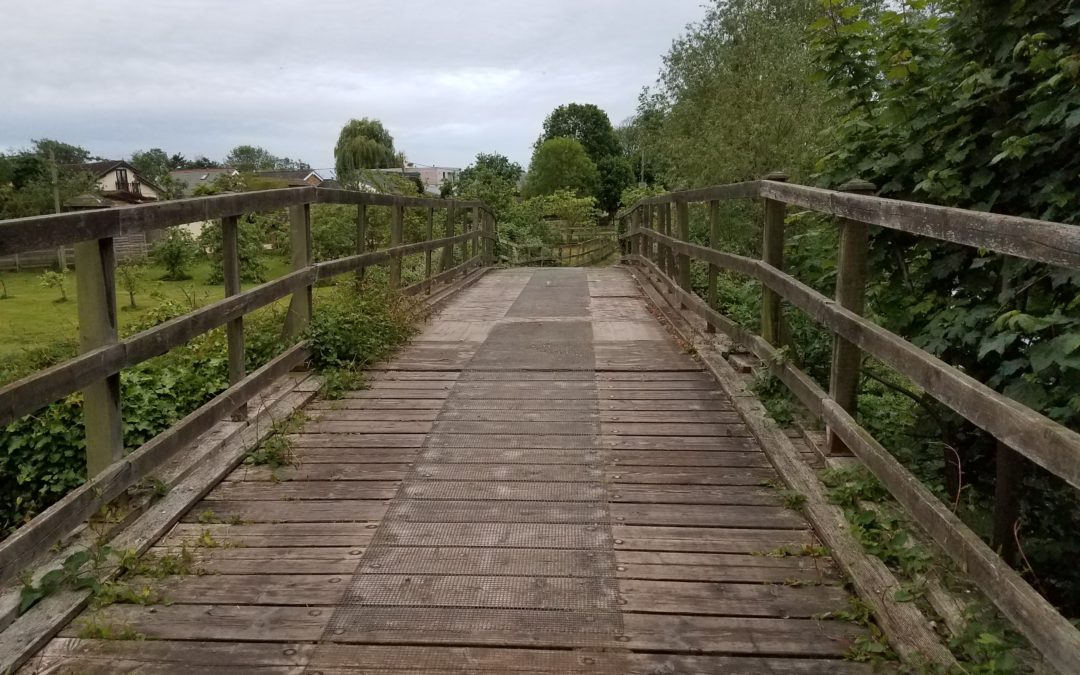Using The New Year To Make Your Relationship Thrive In 2019
Can you believe that we are already in another year? It is amazing how the years seem to fly by, especially as you get older. I’m sure by now, you’ve probably made some sort of resolution for the new year. Did you know that the tradition of New Year’s resolutions dates all the way back to 153 BCE? New Year’s Resolutions are typically a promise that you make with the ultimate goal of improving your life in some way during that year. Starting your resolution on the first day of the year is sort of like a mile marker: it allows you to gauge your progress along the way.
So maybe your resolution was to start a healthy eating journey that you’ve been putting off or even to do a certain number of charitable deeds throughout the year. Maybe it’s to reduce your plastic usage or to visit that special family friend more often. Another popular resolution is dating for those who are still seeking their special someone. For those who already have someone special, however, why not use the new year to enhance that bond? If you are in a relationship, make it a point to add a resolution to help your relationship grow and strengthen. Use the new year to make your relationship thrive.
Maybe for you, it seems that your relationship has lost its spark over the past year, or even over the past few years. You feel disconnected from your partner and communication has broken down. Instead of being a cohesive unit, you and your partner are simply occupying the same space, living merely as housemates. You might have found yourself being short with your partner, using any little thing to start an argument. Or maybe you have given up completely on trying to make it work and instead have settled into the routine of sleeping in the guest bedroom.
You don’t have to live that way. Use the new year to pledge to put your relationship first and work together to change the course of your lives. The start of a relationship is exciting because of all the firsts and new things you try together. With a little work, you can recapture that same magic again!
Keeping reading for a few simple ways to make your relationship go from just getting by to healthy and alive.
One of the biggest things that you can do to help your relationship be successful is work on your communication. Being intentional about improving communication, trust, and satisfaction can yield significant positive change in your relationship. Whether you have children or not, schedule a weekly date where the two of you can simply get away and focus on your time together. It’s so easy with our busy lives to forget to check in with our partners but by setting a weekly plan, it allows the two of you to have the opportunity to reconnect. The date could be something as simple as getting ice cream together or grabbing a cup of coffee and taking a walk in the park. If you do have children, a weekly date will allow you to take stock of your parenting goals as well. You will have the opportunity to discuss any issues that might have risen and make sure that the two of you are on the same page.
Another way to make your relationship thrive is to start the new year off by being more affectionate with your partner. It is amazing how much a simple little gesture can mean – holding hands, sitting close to one another instead of in separate chairs, or a brush of the leg with your fingers as you pass by. It creates a sense of intimacy outside of the bedroom. In addition, verbally telling your partner how much they mean to you or thanking them for the little things that they do (such as making the bed or picking up your favorite snack when they stop at the store) goes a long way into rebuilding that connection. When you acknowledge your partner in that manner, it shows you appreciate them.
Getting the relationship help you need.
Don’t be afraid to seek a professional to help rebuild your relationship. Sometimes it does take someone unaffiliated with you and your partner stepping in to make a difference. A therapist doesn’t seek to blame you or your partner for the communication breakdown. Instead, we work to see what can be done to fix it. We all operate with certain blind spots – points of denial or emotional disconnects – that we are sometimes unable to acknowledge until a professional points it out. These blind spots can hurt your relationship if left unchecked.
If you think your relationship would benefit greatly from an outside perspective, please contact Spectrum Psychological Services. As a relational therapist, I work collaboratively with you to identify problematic interactional patterns and find more adaptive ways of meeting your needs and by extension, improve your relationship. I will provide you with the tools to help strengthen the bond with your partner or spouse.
Relationships are meant to be fun. They can be filled with laughter and joy. Yes, a relationship does require regular maintenance to make it work well (like anything worthwhile), but it need not feel like a chore. Be kind to your partner and put your relationship first. If you make each other a priority, the rest will fall into place.
Contact Spectrum Psychological Services and get started TODAY making 2019 the best year yet for your relationship. You can change your future by starting with your present.



Recent Comments